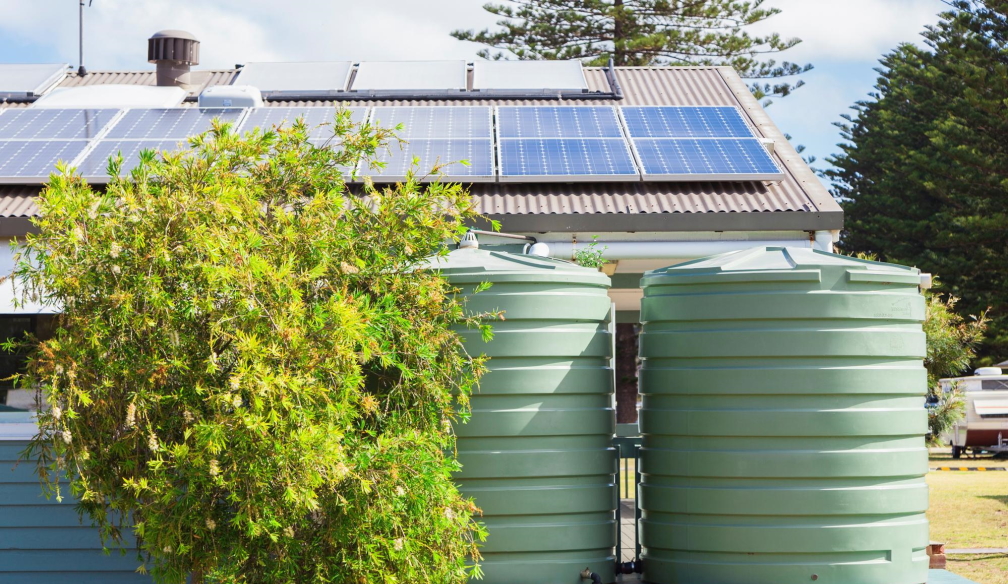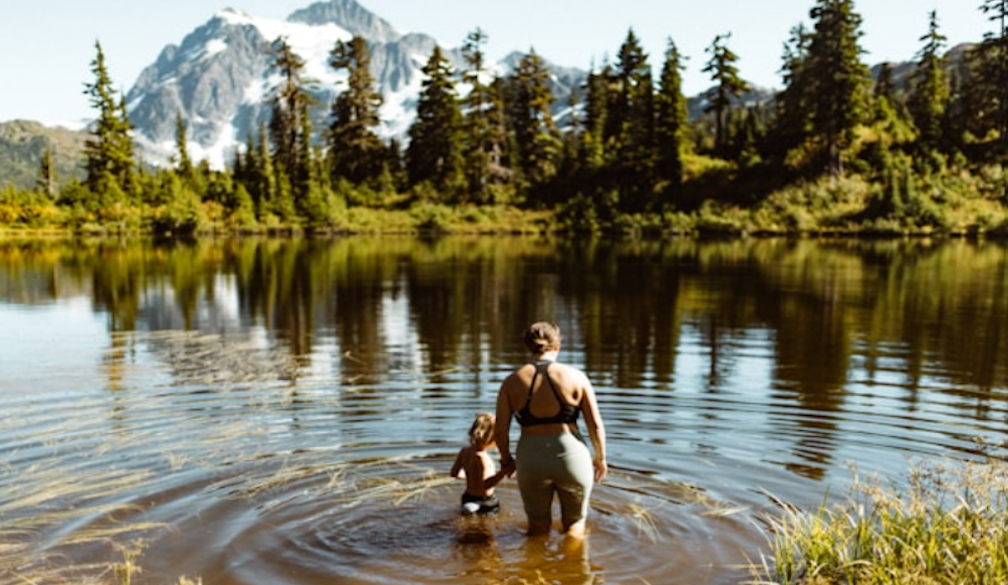Not Sure How Many Solar Panels You Need? Here's How to Find Out
- Written by NewsServices.com

Australia boasts the highest solar uptake globally, with about 30% having a solar system on the roof. By June this year, there were more than 3.19 million rooftop solar PV systems in Australia.
Solar is a clean energy source, as converting sunlight into electricity generates no greenhouse gas emissions. It's also a fantastic way to reduce or eradicate monthly power bills. You can also store the excess electricity in rechargeable batteries for later use as a backup in case of a blackout.
As a homeowner, it can be challenging to determine how many solar panels you need. Here's how to find out to help you plan your solar project.
Understanding Your Power Usage
The best way to estimate the size of your solar system is by understanding the electricity usage in your home and the expected future use. You can easily find out through your past electricity bills. Most bills have a section that compares consumption over the last quarter, six months, or year. Power companies measure and bill power usage or consumption in kilowatt-hours (kWh).
This figure will help you calculate your average daily usage. You can check these details online or on the bill if you have a smart meter.
Solar Panel Output Options
Solar system ratings are in kilowatts (kW) or watts (W), and solar panels have different power levels and wattages. For instance, a 200W solar panel in optimum conditions produces 200 watt-hours of electricity every hour.
Generally, every 1kW of solar panels generates about 4kWh of electricity daily. With a 6.6kW solar system, you’ll produce approximately 26.4kWh on an average day with enough sunshine.
However, the specific electricity amount your solar panels produce will depend on factors such as:
-
- The orientation of your panels
-
- The time of year and sunlight amount
-
- The age of your solar panels
-
- Your location- In southern areas like Hobart, 1kW panels generate about 3.5kWh but areas like Darwin will get 5kWh.
When comparing Australian capitals, Melbourne has the lowest average sunshine hours while Perth and Adelaide have the most hours. A household in Melbourne, therefore, requires a larger solar system to generate the same energy as a home in Perth or Adelaide.
Installation Considerations
We all know solar panels require sunlight to work. However, most homeowners don't realize that the number of sunshine hours and exposure directly affects the number of solar panels the home needs.
The time of year and your location in Australia affects the amount of sunlight that reaches your home. Winter has cloudier and shorter days and, therefore, fewer sunshine hours.
Solar panels also need particular positioning to optimize power production. Some experts advise that having the panels facing west is best, while others prefer them to face south.
It’s best to consult solar installation specialists before you start the installation process to ensure maximum performance.
Calculating the Size of Your Solar System
As you plan to switch to solar energy, it's essential to determine the size of the solar system your home needs to run efficiently. The capacity or size of a solar system refers to the maximum electricity the system can generate. It's the entire system's capacity rather than the number of solar panels you install.
For instance, you can have twenty-four 275W panels or twenty 330W panels to generate 6600W. The systems have a different setup, but they are both 6.6kW systems.
We measure solar system sizes in kilowatts, and 1 kilowatt of energy requires three or four solar panels. Your solar system can generate between 3 and 5 kWh of clean energy daily, depending on the direction of your roof slope and location.
Conclusion
Solar energy is gaining popularity in Australia as installation and maintenance costs continue to reduce. Millions of homeowners now enjoy zero monthly power bills while proudly decreasing global warming. Switching to solar is a worthwhile investment you should consider for your home.






